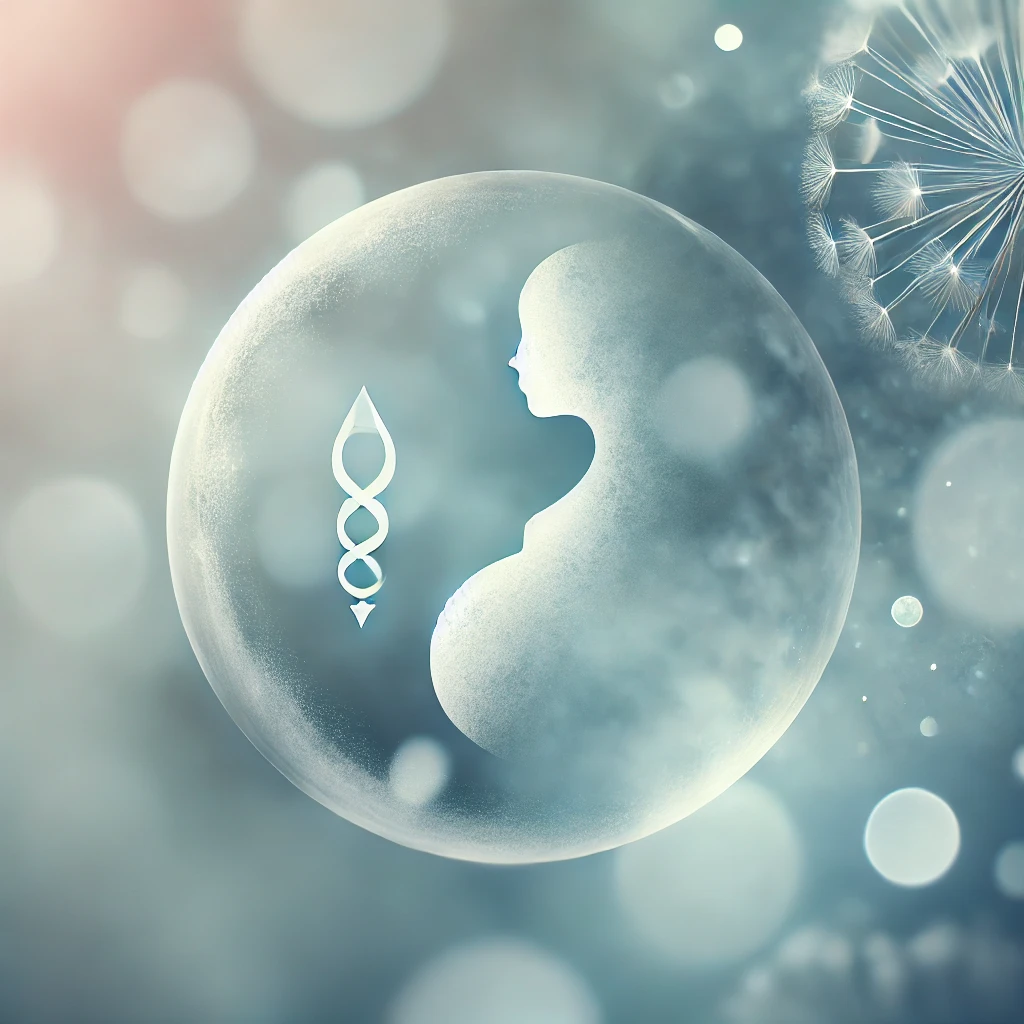Understanding Cystitis During Pregnancy
Pregnancy brings amazing changes, but it also comes with a few surprises, like an increased risk of cystitis (bladder infection). Hormonal shifts and physical changes can make expecting moms more vulnerable to urinary tract infections. While cystitis is common, it’s essential to approach treatment with care during pregnancy to keep both mom and baby safe.
Why Cystitis Occurs More Frequently in Pregnancy
Pregnancy creates a “perfect storm” for cystitis. As the uterus grows, it presses on the bladder, potentially causing urine retention. Hormones like progesterone relax the urinary tract muscles, slowing urine flow and creating an ideal environment for bacteria to multiply. Additionally, pregnancy naturally lowers immunity, which makes it easier for infections to take hold.
Symptoms of Cystitis to Watch For
If you’re pregnant, be on the lookout for these signs of cystitis:
- Frequent urination: Feeling the need to go often but passing only small amounts.
- Burning sensation: Discomfort or stinging when you urinate.
- Lower abdominal pain: A persistent ache or pressure.
- Cloudy or strong-smelling urine: This can be a sign of infection.
If you experience any of these symptoms, consult your healthcare provider immediately. Cystitis can escalate quickly during pregnancy and lead to complications if untreated.
Safe Treatments for Cystitis in Pregnancy
It’s important to approach cystitis treatment with caution during pregnancy. Not all medications are safe, but here are some doctor-recommended options:
- Antibiotics: Your healthcare provider can prescribe safe antibiotics to treat cystitis. Common options include amoxicillin, cefalexin, and nitrofurantoin, which are generally safe for pregnant women. Avoid self-medicating; always consult a healthcare professional.
- Pain Relief: Paracetamol is usually safe for pain relief during pregnancy. However, avoid non-steroidal anti-inflammatory drugs (NSAIDs) like ibuprofen, as they may affect the pregnancy.
If you’re experiencing recurrent infections, your doctor might suggest preventive antibiotics. However, this will be carefully monitored to avoid resistance or unnecessary exposure.
Preventing Cystitis Naturally During Pregnancy
The best way to tackle cystitis is to prevent it from occurring. Here are practical, safe habits you can adopt during pregnancy:
- Stay Hydrated: Drinking water helps flush bacteria from your bladder. Aim for about 8-10 glasses daily, but consult your doctor if you’re experiencing pregnancy-related swelling.
- Regular Bathroom Breaks: Don’t hold in urine, as it can encourage bacterial growth. Empty your bladder frequently, especially before and after sexual activity.
- Wipe Front to Back: This reduces the chance of transferring bacteria from the rectal area to the urethra.
- Choose Cotton Underwear: Breathable fabrics prevent moisture buildup, reducing the risk of bacterial growth.
- Avoid Irritants: Perfumed soaps, bubble baths, and harsh cleansers can irritate the urethral area. Opt for gentle, fragrance-free products.
When to Seek Medical Help
If cystitis symptoms persist, worsen, or are accompanied by a fever, chills, or back pain, seek medical attention immediately. These could be signs of a kidney infection, which requires urgent care.
AMAE Clinic provides online consultations and prescriptions for safe cystitis treatments tailored to pregnancy. Our team can guide you on medications and preventive practices suited for expecting mothers.
Supporting Your Health Journey
Pregnancy should be a joyful time, not overshadowed by discomfort from cystitis. By following these prevention tips and seeking prompt treatment, you can keep cystitis at bay and focus on your journey to motherhood. Remember, AMAE Clinic is here to help with personalized care options that prioritize your health and safety during pregnancy.
